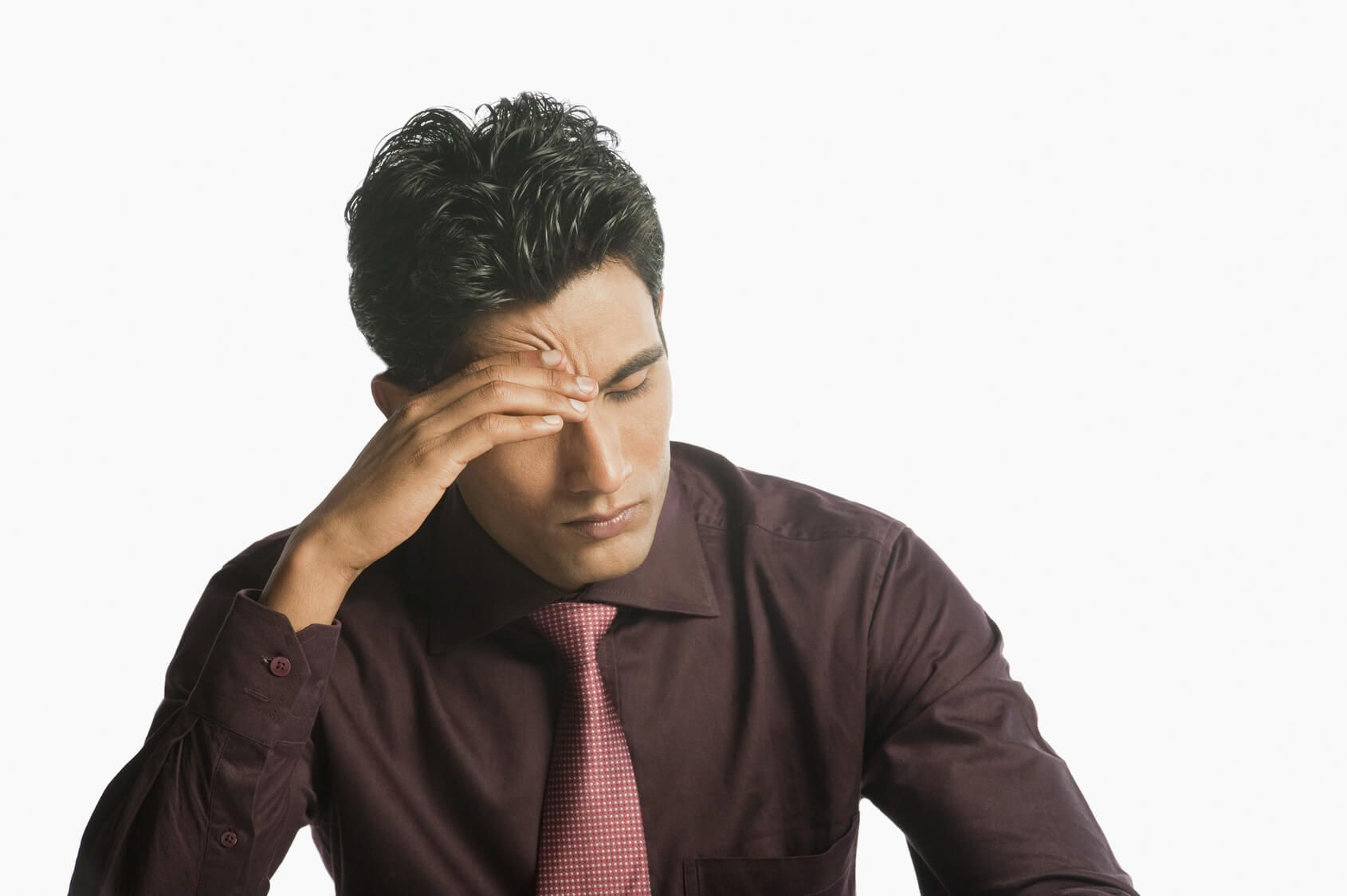The TMJ/Sleep Apnea Connection Detroit
Sleep apnea
and TMJ
are conditions that can develop together, and can reinforce one another. About 75% of people with TMJ have sleep breathing disorders like sleep apnea or snoring, and about 52% of sleep apnea sufferers have TMJ. Properly treating either condition requires understanding the connection between the two. At the Michigan Center for TMJ & Sleep Wellness, we use a combined understanding of both conditions to provide optimal treatment.
If you are looking for sleep apnea treatment
that takes a comprehensive approach to jaw and airway health, please call (248) 480-0085
or email us
for an appointment with Detroit sleep dentist
Dr. Jeffrey Haddad.
Factors That Contribute to the Development of TMJ and Sleep Apnea
Sleep Apnea Can Worsen TMJ
Once you have developed sleep apnea, it can contribute to TMJ, causing your condition to worsen.
When your brain senses that your oxygen levels have dropped, it sends signals to multiple systems in the body, such as the heart, which is asked to pump harder and faster to get more oxygen to the brain. The brain also then seeks to open the airway by contacting the jaw muscles, which clench to help stabilize and open the airway. This repeated clenching of the jaw is one of the causes of nighttime bruxism, and it can contribute to jaw joint damage, tooth wear, and other problems.
If You Have Sleep Apnea, Look for TMJ Symptoms
Because most people aren’t familiar with TMJ, they may not know to look out for the symptoms of the disorder. If you have sleep apnea and you have:
- Headaches, either tension headaches or migraines
- Jaw pain–jaw soreness on waking is very common for sleep apnea sufferers and should not be ignored
- Jaw popping or clicking
- Irregular jaw motion
- Ear pain, stuffiness in the ears, ringing in the ears, or vertigo
- Face and neck pain
- Shoulder and back pain
- Tooth damage and wear
- Tingling and numbness
If you have these symptoms, then you need to look for treatment that is sensitive to the interaction between these two conditions.
Proper Treatment Considers the Connection
Treatment of TMJ or sleep apnea must take into account the connection between the two conditions if treatment is to be truly successful.
For example, if you are being treated for TMJ with a bite splint worn at night, it’s important to consider how the bite splint repositions your airway. If a bite splint is poorly designed, it could actually restrict the airway further rather than actually helping to keep it open.
And in sleep apnea treatment with an oral appliance, it’s possible to put the jaw in a position that stresses it. When this occurs, the oral appliance will be uncomfortable, and it may potentially cause lasting damage to the temporomandibular joint system. Of course, CPAP
and other forms of sleep apnea treatment can also be damaging, so it’s important to make sure you’re getting the best treatment for you.
A sleep dentist who is also trained in the treatment of TMJ can help ensure your TMJ treatment doesn’t cause sleep apnea and your sleep apnea treatment doesn’t cause TMJ. For an appointment with a dentist skilled in both types of treatment, please call (248) 480-0085
or email us
for an appointment at the Michigan Center for TMJ & Sleep Wellness.


